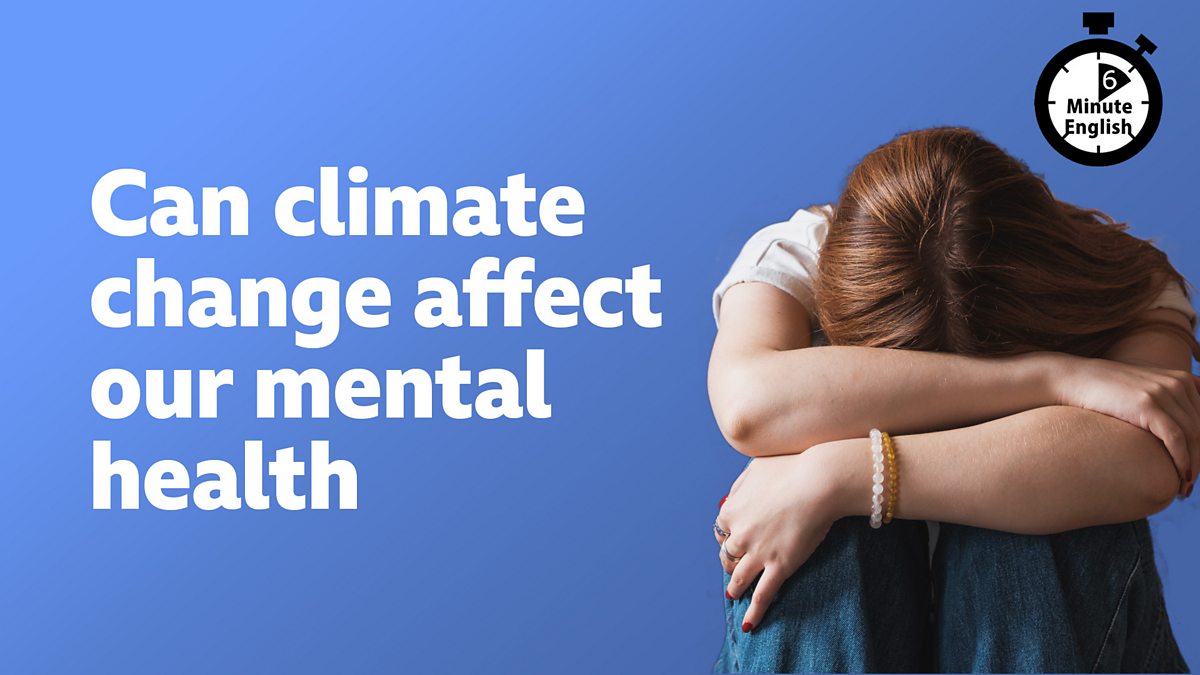Climate Anxiety & Mental Health: How a Changing Planet Impacts Our Wellbeing

The headlines are relentless: rising sea levels, extreme weather events, and a rapidly changing climate. While the physical impacts of climate change are well-documented, a growing concern is the profound effect it's having on our mental health. From anxiety and depression to post-traumatic stress, the climate crisis is taking a toll on individuals and communities worldwide.
The Rise of Climate Anxiety
Climate anxiety, also known as eco-anxiety, is a relatively new term describing the distress and worry related to the future of our planet. It's a normal reaction to facing the overwhelming scale of the climate crisis. Symptoms can range from mild worry and sadness to more severe feelings of hopelessness, anger, and guilt. Young people, who will inherit the consequences of inaction, are particularly vulnerable to climate anxiety.
Climate Trauma: The Impact of Extreme Weather
Beyond general anxiety, many people are experiencing climate trauma. This occurs when individuals directly experience or witness extreme weather events like hurricanes, floods, wildfires, or droughts. These events can be deeply traumatic, leading to post-traumatic stress disorder (PTSD), depression, and other mental health challenges. The disruption of homes, communities, and livelihoods further exacerbates the emotional toll.
As mentioned, trauma is what we call the very bad and long-lasting emotional effects of an event or experience. It’s not just about the immediate aftermath; the psychological wounds can linger for years, impacting relationships, work, and overall quality of life.
Who is Most Affected?
While climate change impacts everyone to some degree, certain populations are disproportionately vulnerable:
- Coastal Communities: Facing rising sea levels and increased storm surges.
- Agricultural Workers: Dealing with droughts, floods, and unpredictable weather patterns impacting their livelihoods.
- Indigenous Populations: Often deeply connected to the land and disproportionately affected by environmental degradation.
- Young People: Bearing the brunt of future consequences and experiencing heightened anxiety.
Coping Strategies and Seeking Help
It’s important to acknowledge and validate these feelings. Here are some strategies for coping with climate anxiety and trauma:
- Limit Exposure to Negative News: While staying informed is important, constant exposure to distressing news can be overwhelming.
- Take Action: Engaging in climate activism, volunteering, or making sustainable choices can empower you and reduce feelings of helplessness.
- Connect with Others: Talking to friends, family, or support groups can provide emotional support and a sense of community.
- Practice Self-Care: Prioritize activities that promote wellbeing, such as exercise, mindfulness, and spending time in nature.
- Seek Professional Help: If you’re struggling to cope, consider reaching out to a therapist or counselor specializing in eco-anxiety or trauma.
Looking Ahead: Building Resilience
Addressing the mental health impacts of climate change requires a multi-faceted approach. This includes not only providing mental health support but also advocating for policies that mitigate climate change and build more resilient communities. By acknowledging the emotional toll of the climate crisis and taking proactive steps to address it, we can foster hope and build a more sustainable and mentally healthy future for all.






